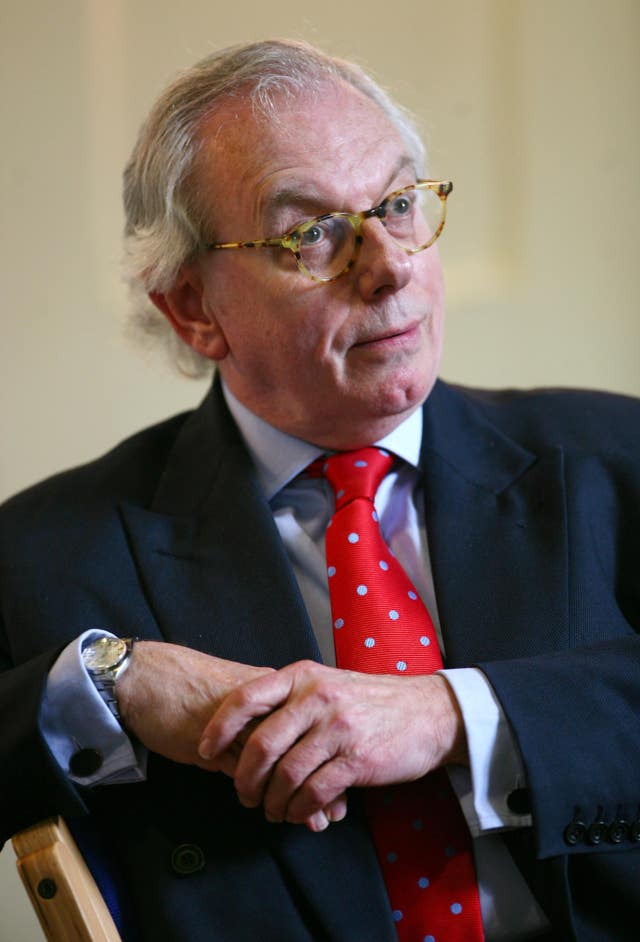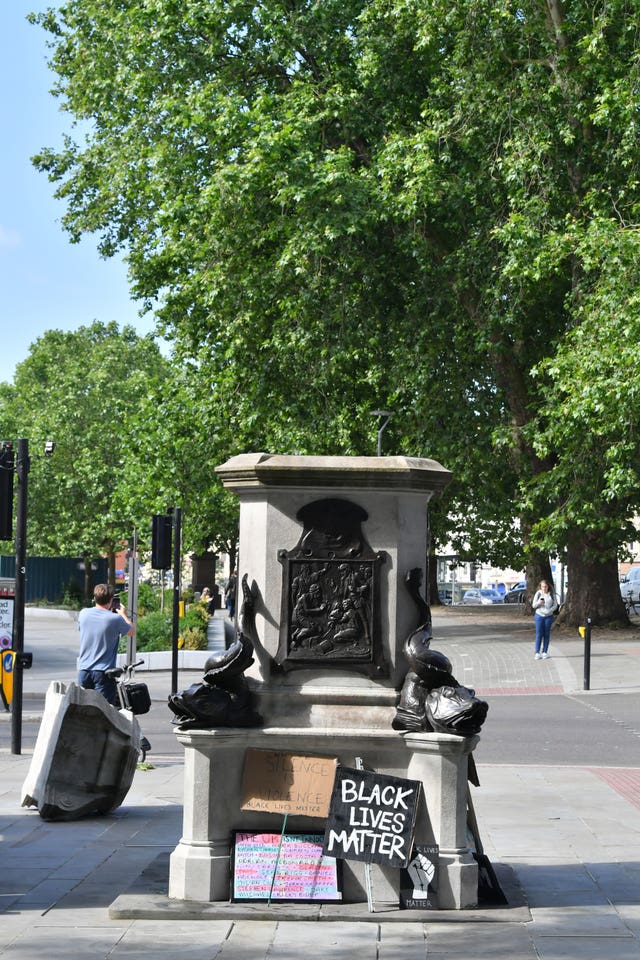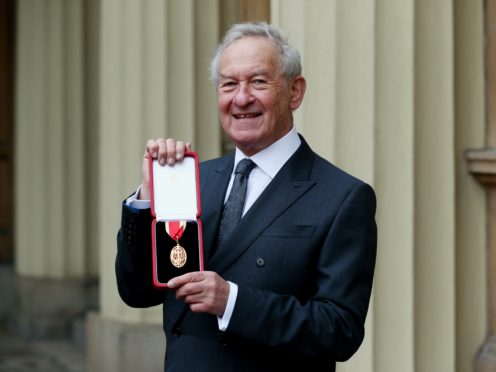Sir Simon Schama has described fellow historian David Starkey’s recent comments about slavery as “abhorrent and stupid”.
Earlier this year, Starkey said during an interview for YouTube channel Reasoned UK that slavery was not genocide because there are “so many damn blacks” still around.
After being criticised by figures such as former chancellor Sajid Javid and losing a number of academic positions, he issued a public apology.

Sir Simon, 75, told Radio Times: “It was an abhorrent and stupid thing that he said. I’m sure he regretted it. There’s nothing much to add.
“I’m not in the business of calibrating harshness. It’s up to the institution. But I’m not a ‘purge’ person.”
During the online interview with Brexit campaigner Darren Grimes, Starkey had said: “Slavery was not genocide otherwise there wouldn’t be so many damn blacks in Africa or in Britain, would there?
“An awful lot of them survived and again there’s no point in arguing against globalisation or western civilisation. They are all products of it, we are all products of it.
“The honest teaching of the British Empire is to say quite simply, it is the first key stage of our globalisation.
“It is probably the most important moment in human history and it is still with us.”

Sir Simon also addressed the ongoing debate around statues of historical figures with links to colonialism or slavery.
In June, protesters in Bristol toppled the statue of 17th century slave trader Edward Colston, while campaigners have reignited their calls to remove the Cecil Rhodes statue from outside an Oxford college.
Sir Simon called for such statues to be placed in museums and given appropriate historical context.
He said: “Statues are irrelevant. I’m perfectly happy for them to go.
“Usually they are boring pieces of public sculpture on a plinth. I’m not a very ‘plinthy’ person.
“Do I want them chopped down and thrown in a pond? No. I think they should go into a museum as a focus of debate.
“There are some people who are worth honouring, including Churchill.
“But I’m very happy if it engenders debate, I don’t want to see them just brought down.”
Read the full interview in Radio Times, out now.
